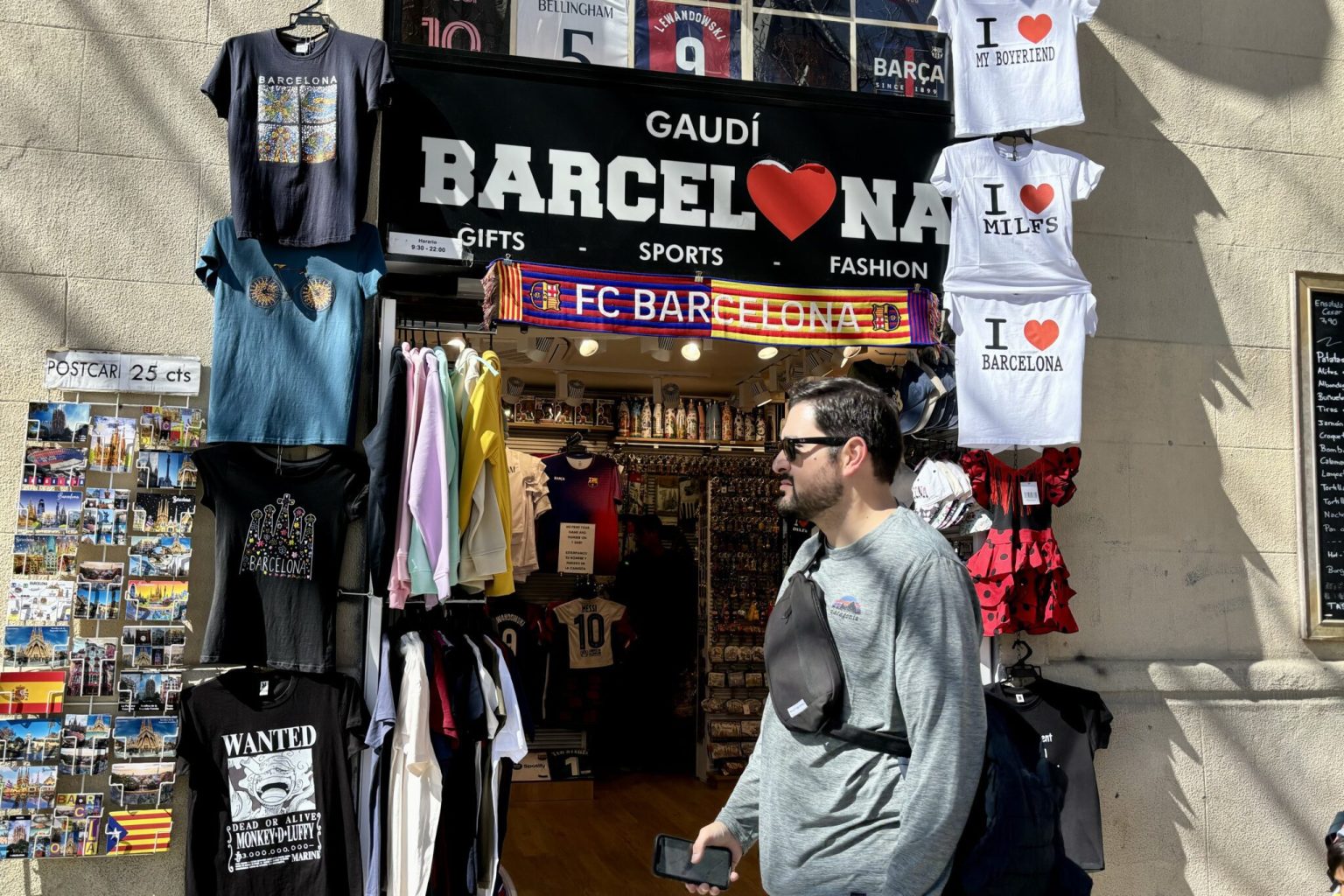Barcelona has announced a total ban on short-term rentals in the city by 2029, a move that goes beyond regulations seen in other cities. The ban will cease renewing existing rental licenses and stop issuing new ones, effectively eliminating all short-term rentals by 2029. This decision comes in response to rising rents and a housing shortage in the city, making it difficult for middle-class workers to afford housing. The mayor believes that by increasing the supply of housing, more locals will be able to afford to live in the city, marking a turning point in addressing the housing crisis.
The ban on short-term rentals has received mixed reactions from residents and industry experts. Some, like Anna Monreal, have expressed support for the mayor’s efforts, citing rapidly increasing house prices and rentals that have made it challenging for locals to live in the city. However, Henrik Kjellberg, CEO of property manager Awaze Group, believes that the ban may be an overreaction and urges vacation rental companies to work with legislators and local constituents to demonstrate the value they bring. He emphasizes the importance of focusing on sustainable tourism and promoting lesser-known destinations to alleviate overtourism in urban areas.
Short-term rentals, including Airbnbs, have been a contentious issue in Barcelona, leading to protests against unfettered tourism and the impact of short-term rentals on local housing markets. While Barcelona currently has around 10,000 registered rentals, the actual number of short-term rentals in the city may be significantly higher. Data from tourism analytics firm Mabrian suggests that there were around 15,600 properties and 54,000 rooms available for short-term rental on Airbnb alone in March. This discrepancy highlights the challenges of regulating short-term rentals and monitoring the impact on local communities.
Barcelona’s decision to ban short-term rentals reflects a growing trend among cities to address the negative effects of overtourism and housing shortages caused by the proliferation of short-term rentals. While some support the ban as a solution to the housing crisis, others believe that a more nuanced approach is needed to balance the needs of locals with the benefits of tourism. Airbnb, one of the leading platforms for short-term rentals, declined to comment on the Barcelona ban, indicating the complexity of navigating regulations and public sentiment surrounding the sharing economy.
The ban on short-term rentals in Barcelona is part of a broader effort to address the challenges associated with tourism and housing in the city. By eliminating all short-term rentals by 2029, the mayor hopes to create more affordable housing options for middle-class workers and reduce the strain on local communities. The decision has sparked debate among residents, industry experts, and policymakers about the best way to regulate short-term rentals and promote sustainable tourism. Moving forward, it will be important for cities to work with vacation rental companies and local stakeholders to find solutions that support both residents and visitors.


